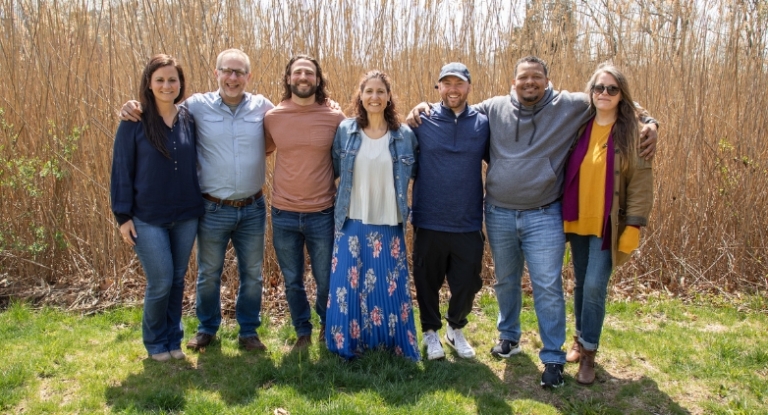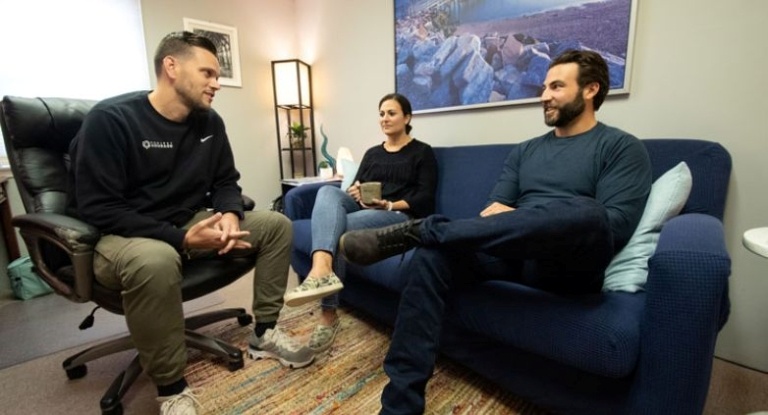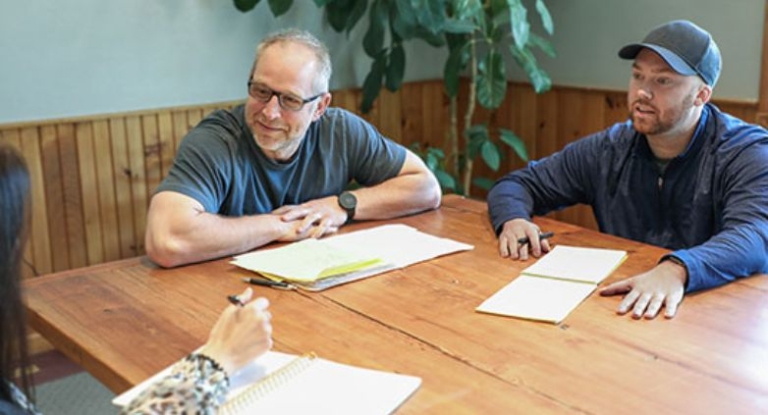Family Support in Addiction Recovery – 2026 Guide
Addiction is a complex and multifaceted condition that affects millions of individuals and their families worldwide. Whether it’s a substance use disorder or behavioral addiction, the impacts are far-reaching, often straining relationships and creating a ripple effect throughout the family unit. As challenging as recovery can be, family support in addiction recovery is one of […]











